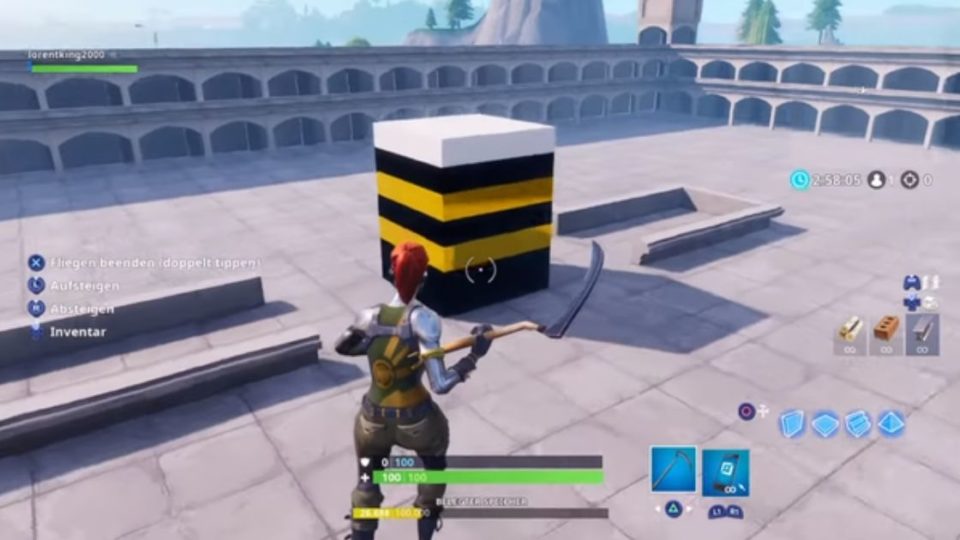Fortnite is being met with backlash in Indonesia for an alleged update that is considered blasphemous toward Islam, with Tourism and Creative Economy Minister Sandiaga Uno leading the call for a ban on the popular online multiplayer game.
In an update, players are able to destroy a building that allegedly resembles Islam’s sacred site, the Kaaba, in order to level up. Kaaba, a cubic building at the center of Masjid al-Haram in Mecca, Saudi Arabia is the qibla, or the direction of salah (prayer) for Muslims around the world and it’s considered one of the religion’s holiest sites.
The game has triggered outrage in the world’s largest Muslim-majority nation, and Sandiaga has called for its ban in the country, particularly to prevent children from playing the blasphemous game.
“We face the Kaaba at least five times a day, from wherever we are in the world, to perform the obligatory prayers or the sunnah (optional, but encouraged) prayers. And I was told that in this game there was an icon that was considered to resemble a Kaaba that must be destroyed to acquire new weapons and advance to the next level,” Sandiaga said in an official statement today.
“This in my opinion is very much against the noble values, especially in terms of religion, including religious harmony, so this is a very sensitive matter.”
Sandiaga went on to say that he agreed with a warning recently issued by Cairo’s Al-Azhar University’s International Centre for Electronic Fatwas, which forbids Muslims from playing Fortnite as it encourages “violence or containing false ideas which distort faith or show contempt for religious beliefs.”
“Therefore, we will instruct a team to review and [work on] issuing a ban [on Fortnite]. We will also warn a number of game developers to be careful,” Sandiaga said.
Amid the controversy, Fortnite issued a clarification last week via Facebook addressing a widely circulating screenshot of the game that showed a character standing in front of the Kaaba-like cube while holding a sharp weapon. According to the game developers, it was the result of in-game modifications by players using Fortnite’s “creative mode.”
The feature enables features to freely design their own “creative islands,” though the developers denied any intention to depict the destruction of the Kaaba.
This isn’t the first time an Indonesian ministry called for the ban of popular video games in recent years. While most ended up being empty threats amid backlash from the public, the IT Ministry did ban a game called Fight of Gods in 2017 on the grounds of possible religious blasphemy.




